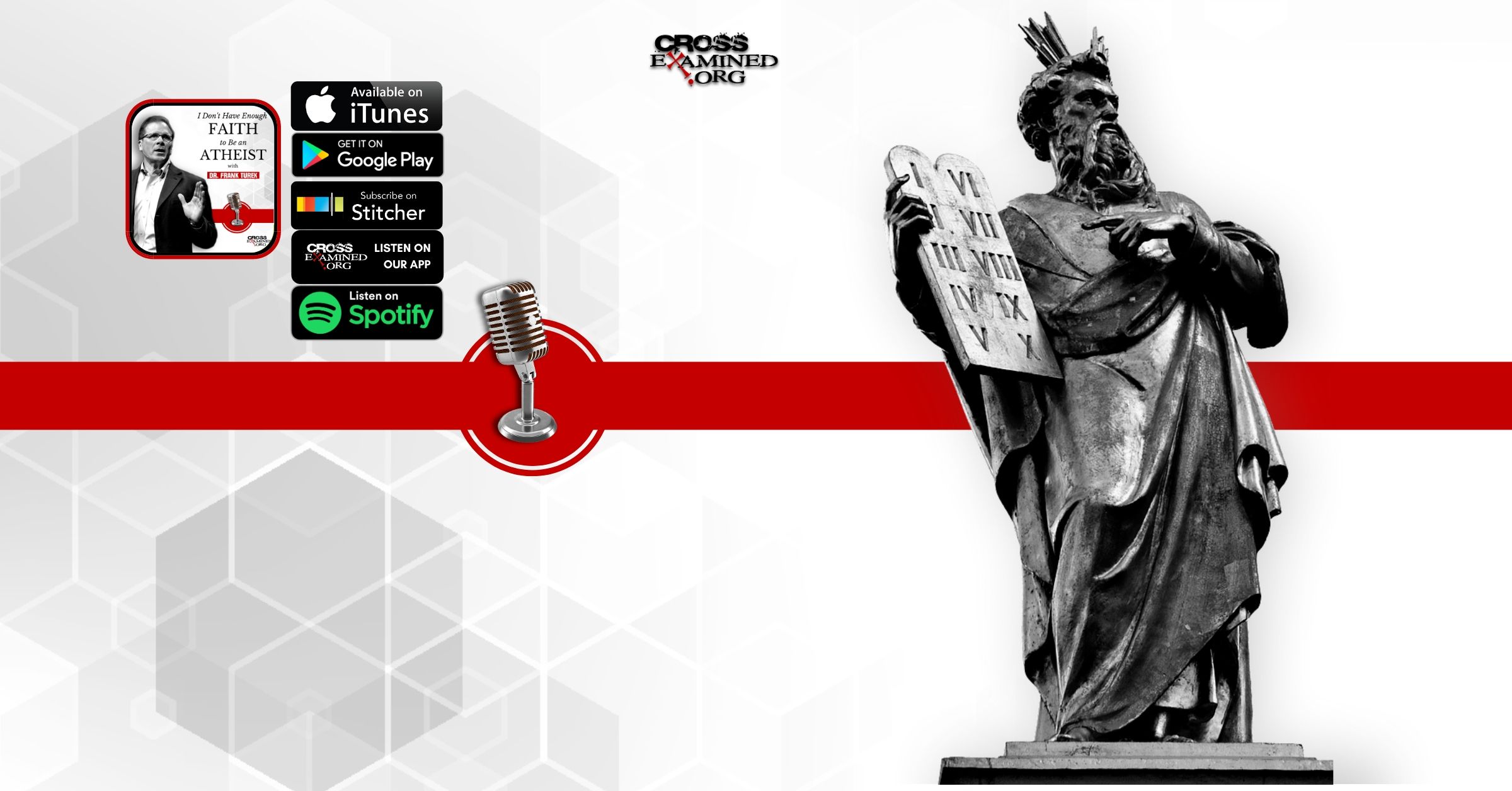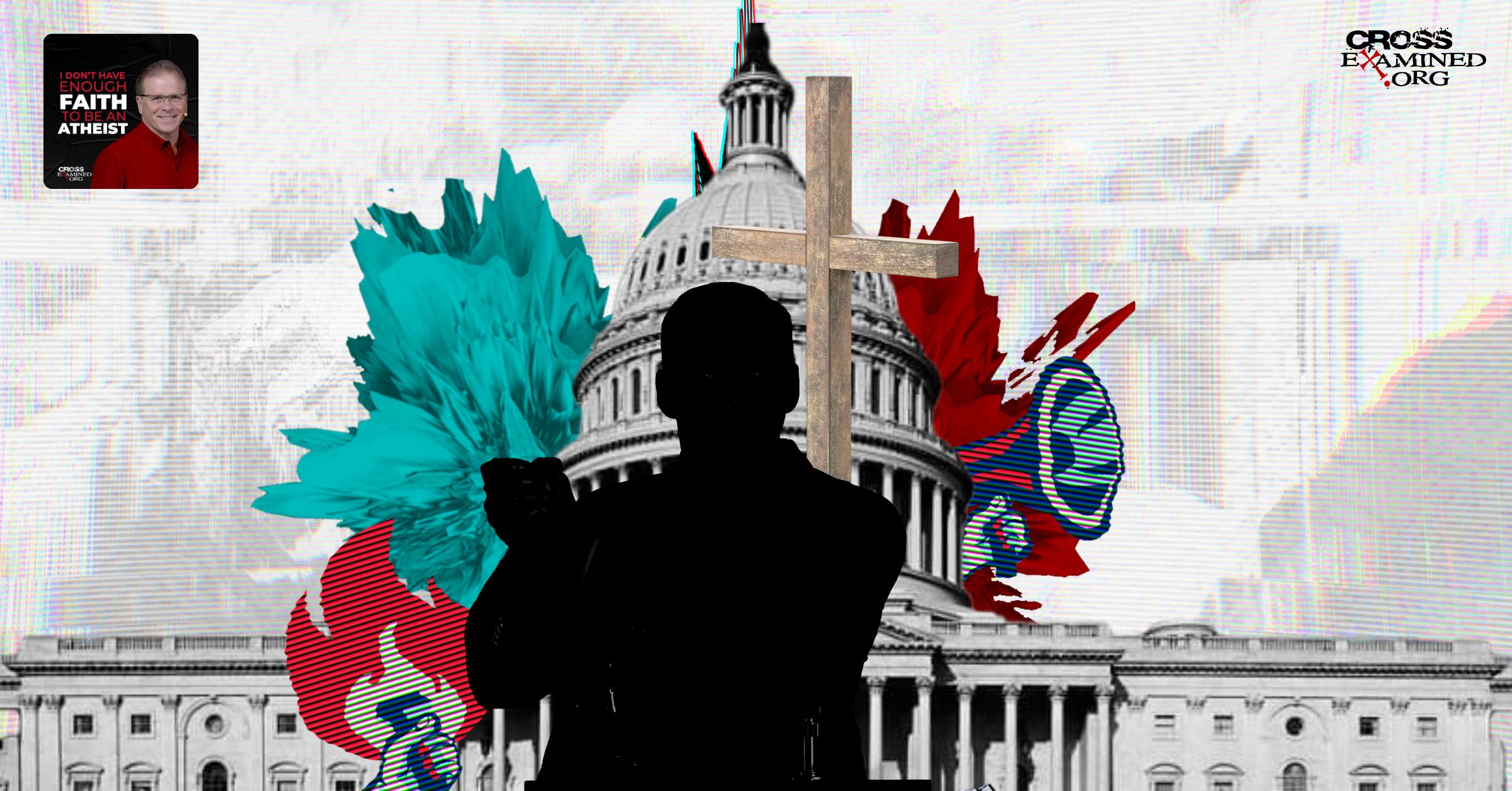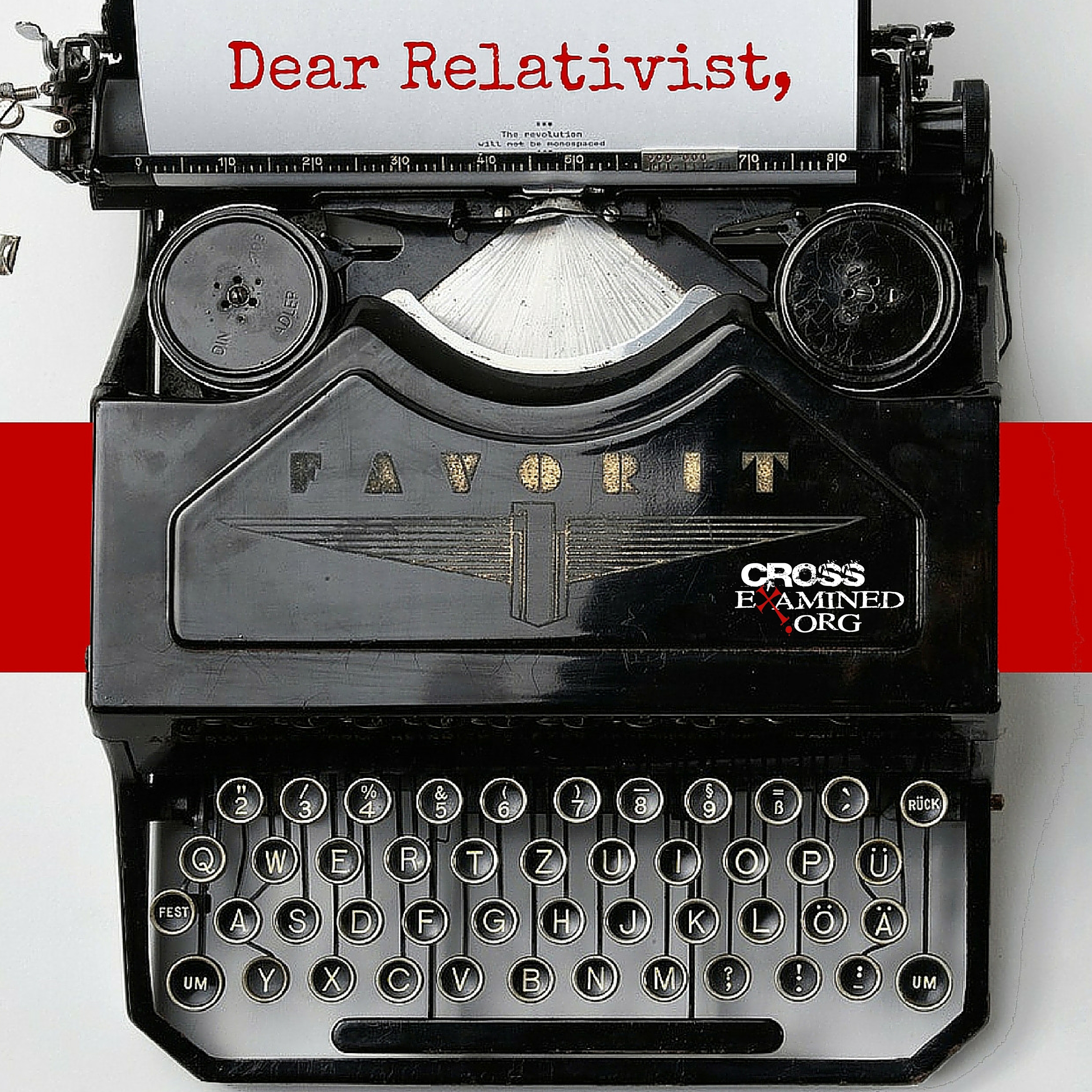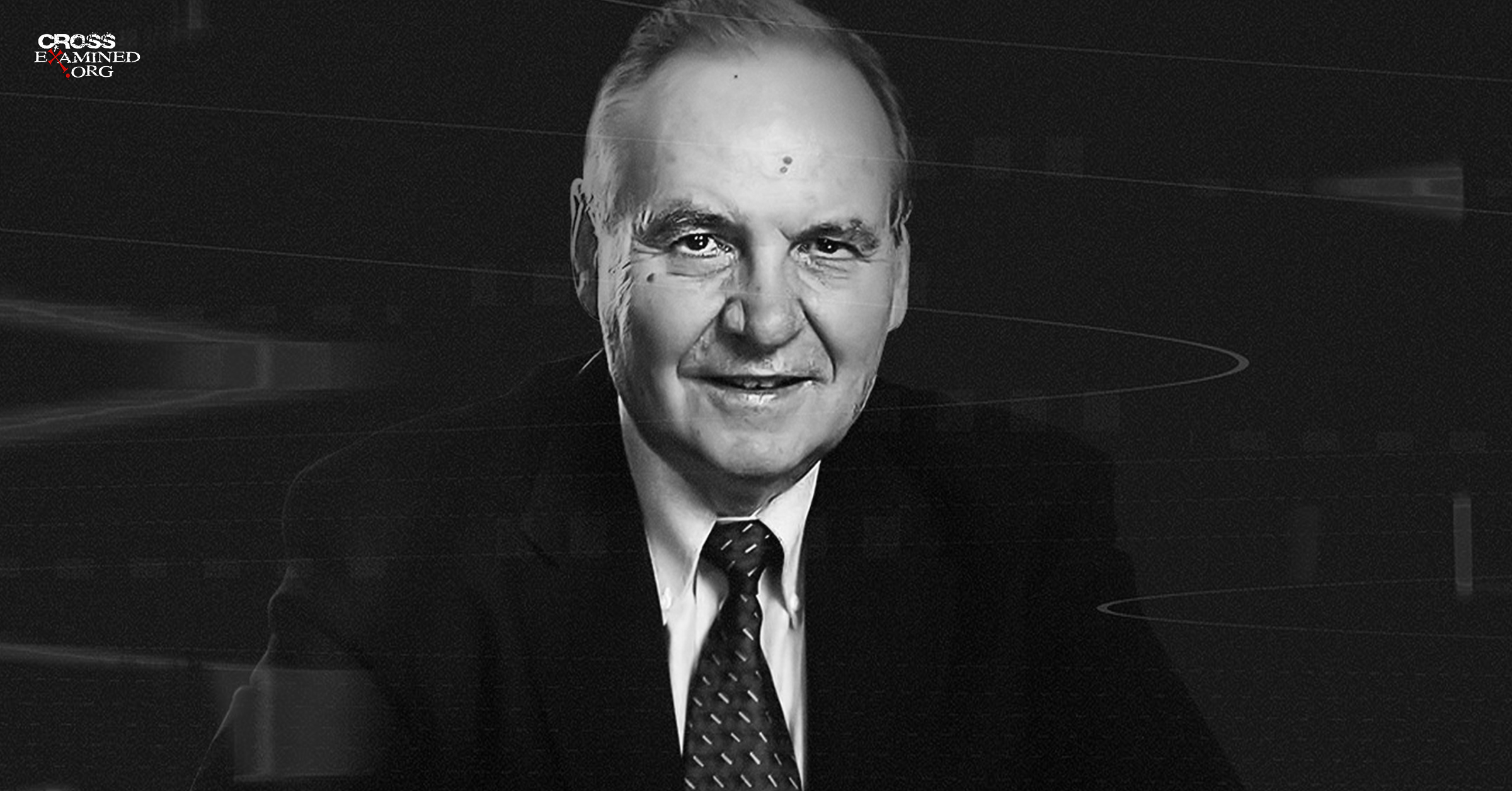Modern Pelagianism and Its Failure to Recognize the Power of God
Pelagius was a fifth-century British monk who caused a stir during his time. He denied the doctrine of original sin. As such, he believed that no one was truly impacted by sin, but rather chose to do evil rather than good by one’s own free will. Concerning salvation, Pelagius believed that Christ served as a salvific example. Therefore, God’s grace was not necessary to save a person, and neither was the atoning work of the cross. Rather, a person was saved by choosing God. Pelagius held to a doctrine that focused on man rather than God. A derivative of the doctrine is found in what is called semi-Pelagianism, the belief that God bestows grace after a person chooses God. Many have erroneously credited Wesleyanism and Arminianism as adhering to this viewpoint. Both John Wesley and Jacob Arminius believed that God’s grace first moved on a person before the person was given the opportunity to embrace or reject that grace. Semi-Pelagianism held that the person first chose God before God’s grace was granted. There is a nuanced difference between the two perspectives. While the nuance seems small, it holds major implications. Nonetheless, I digress.
Augustine of Hippo confronted Pelagius’s beliefs and noted that the grace of God was essential to overcome a person’s sinful inclinations. While still accepting the person’s freedom of the will, he noted that the grace of God was necessary to bring about a person’s salvation. Rather than emphasizing humanity as did Pelagius, Augustine rested the emphasis on God. In matters of trouble, God’s grace was needed. Augustine writes, “Therefore, also, does grace aid, good men, in the midst of present calamities, so that they are enabled to endure them with a constancy proportioned to their faith” (Augustine, City of God 22.22.4, 501). Even in matters of adopting a true philosophy, God’s grace was required. Augustine notes, “So that even those against whom we are disputing have been compelled to acknowledge, in some fashion, that the grace of God is necessary for the acquisition, not, indeed, of any philosophy, but of the true philosophy” (Augustine, City of God 22.22.4, 501). In Augustinian thought, God’s grace was necessary to overcome the sinful inclinations of human beings. As such, salvation was truly God’s gracious gift to humanity.
The Church recognized the errors of Pelagianism and condemned the view as heretical in 415 at the synod of Jerusalem. It is important to note that despite their differences, Augustine always treated Pelagius with the utmost respect, something from which modern believers could learn. (For a fuller treatment on the issue, see Wyatt Graham’s article “Augustine’s Surprising Treatment of Pelagius” at the Gospel Coalition. It can be found here)
Far too often, people think that they must do things or accomplish certain tasks to earn God’s favor. They think that their efforts politically, socially, or otherwise determine their standing with God, siding with the idea that a person must be x, y, or z to be a Christian. However, such thinking illustrates the adoption of a modern form of the Pelagian heresy. The apostle Paul reminds us, “For you are saved by grace through faith, and this is not from yourselves; it is God’s gift—not from works so that no one can boast. For we are his workmanship, created in Christ Jesus for good works, which God prepared ahead of time for us to do” (Eph. 2:8–10). Relish in the grace that God has afforded to you. Allow that grace to shine in your life so that others can see Jesus in you. Finally, trust in God’s sovereign plan. For me, the latter is the most difficult, as faith does not come easy to this cynical mind.
Source
Augustine of Hippo. “The City of God.” In St. Augustine’s City of God and Christian Doctrine. A Select Library of the Nicene and Post-Nicene Fathers of the Christian Church. Volume Two. Edited by Philip Schaff. Translated by Marcus Dods. Buffalo, NY: Christian Literature Company, 1887.
Postlude
Concerning human freedom, one example of Augustine’s acceptance of human freedom is found in the following quote.
“It is He who, when He foreknew that man would in his turn sin by abandoning God and breaking His law, did not deprive him of the power of free-will, because He at the same time foresaw what good He Himself would bring out of the evil, and how from this mortal race, deservedly and justly condemned, He would by His grace collect, as now He does, a people so numerous, that He thus fills up and repairs the blank made by the fallen angels, and that thus that beloved and heavenly city is not defrauded of the full number of its citizens, but perhaps may even rejoice in a still more overflowing population” (Augustine, City of God 22.1.2, 480).
Recommended resources related to the topic:
Is Original Sin Unfair? (DVD Set), (mp4 Download Set), and (MP3 Set) by Dr. Frank Turek
Jesus, You and the Essentials of Christianity – Episode 14 Video DOWNLOAD by Frank Turek (DVD)
How Can Jesus Be the Only Way? (mp4 Download) by Frank Turek
Brian G. Chilton is the founder of BellatorChristi.com, the host of The Bellator Christi Podcast, and the author of the Layman’s Manual on Christian Apologetics. He received his Master of Divinity in Theology from Liberty University (with high distinction); his Bachelor of Science in Religious Studies and Philosophy from Gardner-Webb University (with honors); and received certification in Christian Apologetics from Biola University. Brian is enrolled in the Ph.D. program in Theology and Apologetics at Liberty University and is a member of the Evangelical Theological Society and the Evangelical Philosophical Society. Brian has been in the ministry for nearly 20 years and serves as the Senior Pastor of Westfield Baptist Church in northwestern North Carolina.
Original Blog Source: https://bit.ly/3ly6dSN












Leave a Reply
Want to join the discussion?Feel free to contribute!